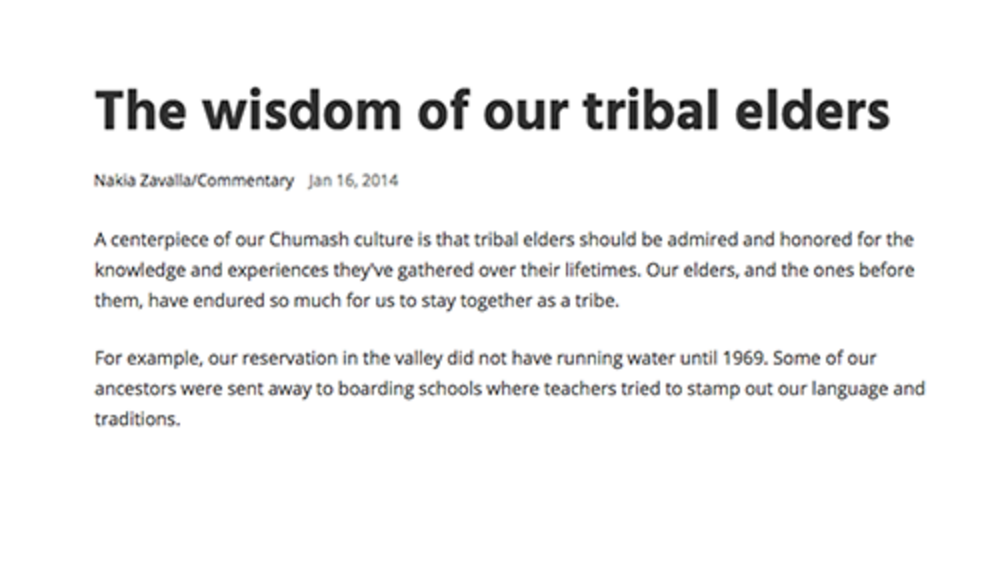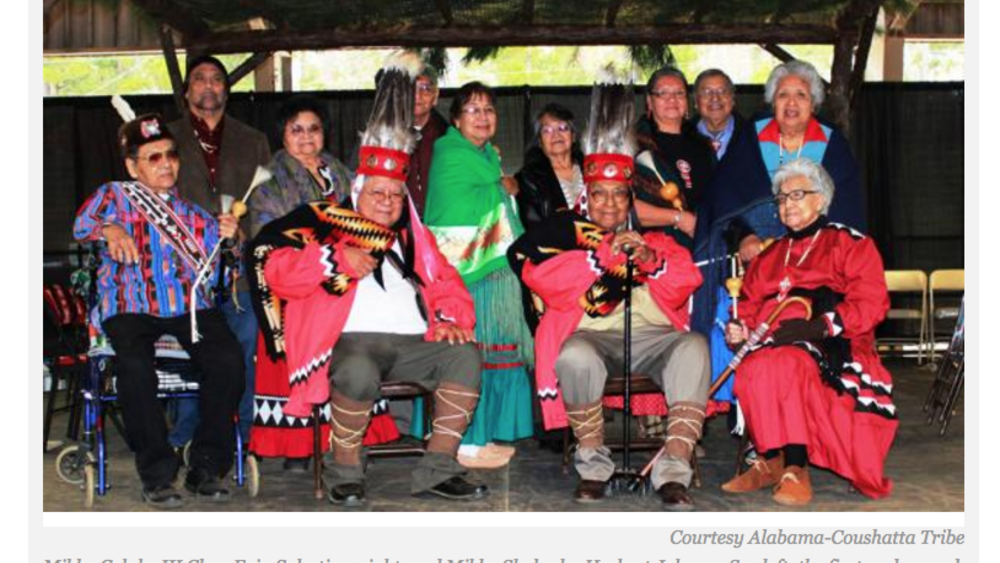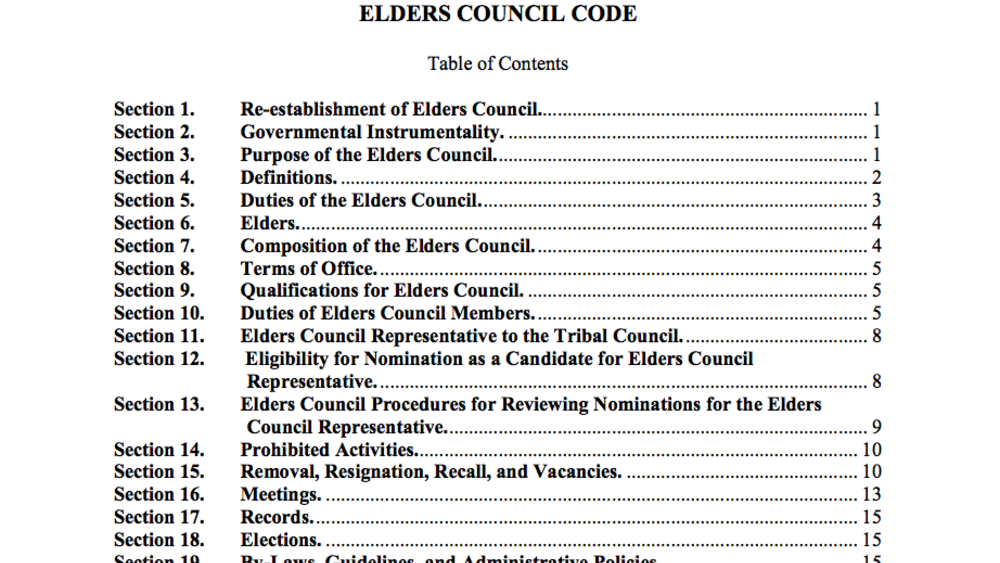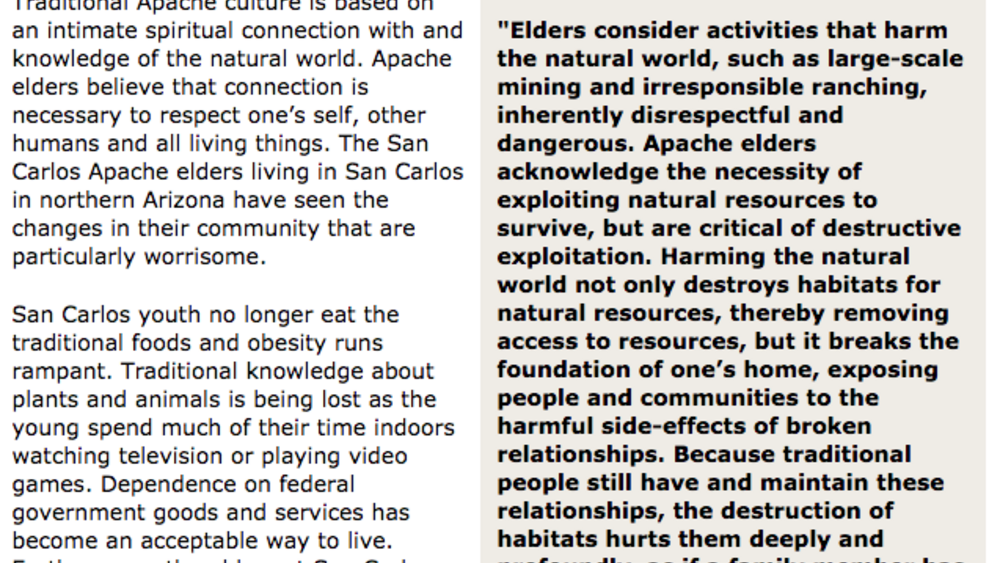Indigenous Governance Database
fourth branch
Todd Hembree: A Key Constitutional Issue: Separations of Powers
Cherokee Nation Attorney General Todd Hembree discusses the critical role of separations of powers in effective Native nation governance, and provides an overview of how the Cherokee Nation instituted an array of separations of powers in the development of their new constitution, which was ratified…

The wisdom of our tribal elders
A centerpiece of our Chumash culture is that tribal elders should be admired and honored for the knowledge and experiences they've gathered over their lifetimes. Our elders, and the ones before them, have endured so much for us to stay together as a tribe. For example, our reservation in the…

A Lifetime Journey: Alabama-Coushatta Name New Chiefs
For the first time in nearly two decades, the Alabama-Coushatta Tribe of Texas is welcoming a new principal and second chief. The 1,200-member tribe, located on 4,500 acres of land north of Houston, elects its chiefs to life terms. An inauguration ceremony held January 1 was the first such event…

Pokagon Band of Potawatomi Indians: Elders Council Code
The Elders Council shall be organized for the purpose of: A. Providing guidance for the membership, Tribal Council, Judiciary, Executive, and Legislative branches of the Pokagon Band government on matters relative to history, traditions, and culture. B. Recommending to the Tribal Council goals and…

Best Practices Case Study (Cultural Alignment of Institutions): San Carlos Apache
Traditional Apache culture is based on an intimate spiritual connection with and knowledge of the natural world. Apache elders believe that connection is necessary to respect one’s self, other humans and all living things. The San Carlos Apache elders living in San Carlos in northern Arizona have…
